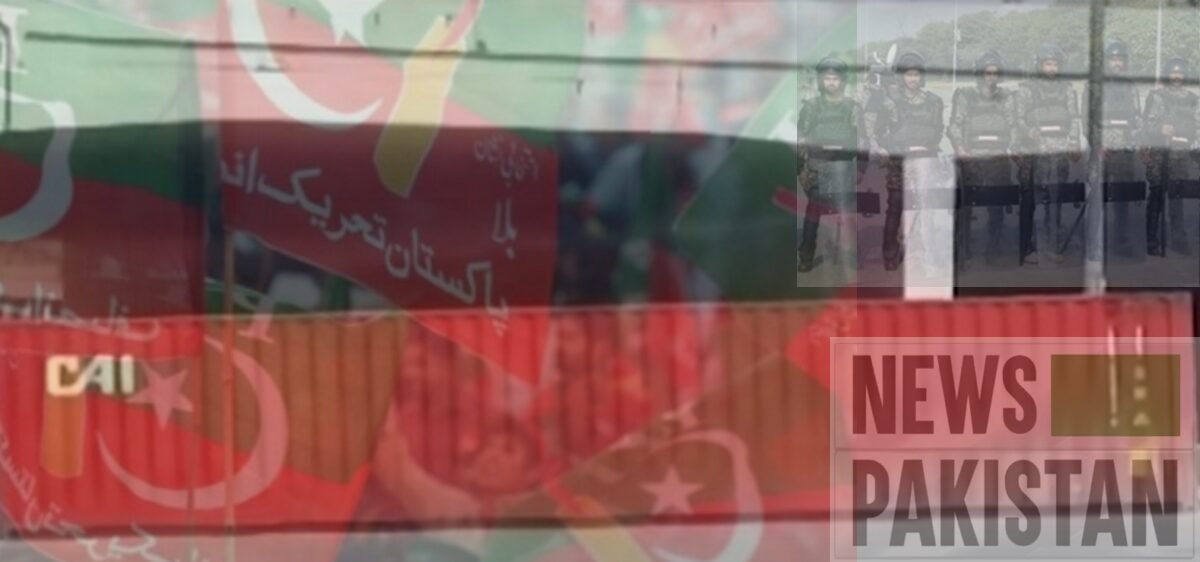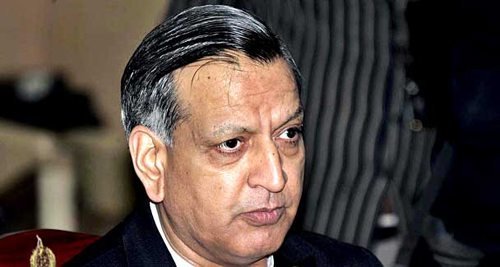ISLAMABAD: The One-man Commission on implementation of Minorities Rights, constituted by the Supreme Court, has compiled its seventh report, suggesting corrective measures including effective legislation to avoid Karak-Temple like tragedies in future and aimed at ensuring peaceful co-existence in the country.
“The Supreme Court may direct the Ministry of Religious Affairs and Interfaith Harmony (MORA) to process the draft bill on National Council for Minorities and get it enacted as Law in the Parliament at the earliest,” the Commission Chairman Dr Shoaib Suddle stated.
Dr Suddle added that the Federal Ministry of Education and Professional Training should address the concerns of minority communities in the context of Single National Curriculum in close cooperation with the One-Man Commission.
The Chairman highlighted that there were complaints received from the minorities regarding presence of substantial religious content in subjects like English, Social Studies and General Science, which content the students of minority religious communities were not obliged to study under Article 22 of the Constitution of Pakistan.
He told that the One-Man Commission took up the matter of under-preparation Single National Curriculum with the Federal Minister for Education and Professional Training, Shafqat Mahmood. There had also been meetings with Secretary Education Farah Hamid Khan and Joint Educational Advisor Muhammad Rafiq Tahir who assured the Commission that Single National Curriculum would be consensus-based, and all stakeholders, including representatives of religious minorities, would be consulted before finalizing the curriculum.
“The Evacuee Trust Property Board (ETPB)”, the Chairman of the Commission said “should provide necessary information on format (A to F), Annex-D, to the One-Man Commission at the earliest so that comments or recommendations sought for by the Supreme Court were submitted in time.
He explained that the ETPB in its letter dated 25.01.2021 submitted to the Commission willfully ignored the Commission’s format comprising six (A-F) tables (Annex-D), thus evading the details sought therein.
After thorough analysis, the Commission is of the view that the ETPB Act is outdated and needs to be revisited for necessary amendments to make it relevant to converting ETPB into a corporate body that could deliver the required aims and objects efficiently, fairly and transparently, in close cooperation with the minority communities, he added.
He mentioned that it was also prayed in the report that the ETPB should be directed to get involved in the reconstruction of the desecrated Teri Mandir/Samaadhi and cooperate with the Provincial Government of Khyber Pakhtunkhwa (KP) for efficient implementation of the directions given by the apex Court from time to time.
The Chairman also told that a Working Group consisting of Chairman ETPB, Federal Secretary Heritage, Provincial Secretary Archaeology, Director General Walled City Lahore, Nayyar Ali Dada (Architect), Prof Sajjad Kausar (former Principal National Council of Arts or NCA), Prof Sajida Vandal, and a representative each from Hindu and Sikh communities, through an amendment in the ETPB Act. The purpose of this Working Group would be to provide statute-based collaborative effort in the renovation of Teri Mandir (Karak), Katas Raj Temples (Chakwal), Parlahd Mandir (Multan) and Hinglaj Mandir (Las Bela).
He said: “Out of 365 Mandirs, only 13 (3.6 percent) were being managed by ETPB, leaving responsibility of 65 (17.8 percent) with the Hindu community, and practically abandoning the rest 287 (78.6 percent) to the land mafias.”
It was indeed strange that even in this age of technology the ETPB had yet to get the evacuee properties Geo-tagged, he regretted.
He went on to mention that the statistics of Gurdawaras though giving a relatively better picture (18 or 17.1 percent out of 105 being managed by ETPB), “it still was far from appearing envious.”
Dr Suddle concluded that ETPB, with its staff spread in all corners of Pakistan and huge paraphernalia, was managing only 31 worship places out of a total of 470 (just 6.6 percent of the total).
He noted that it would be pertinent to enquire as to what amount ETPB was spending on the management of the 31 religious places annually.
Newspakistan.tv | YouTube Channel











